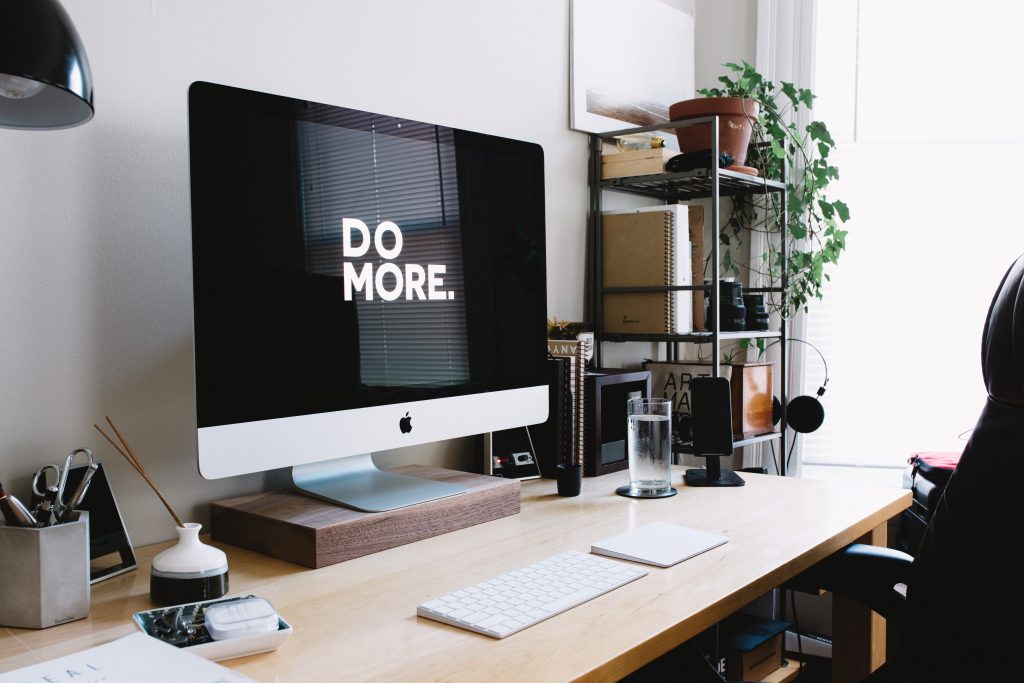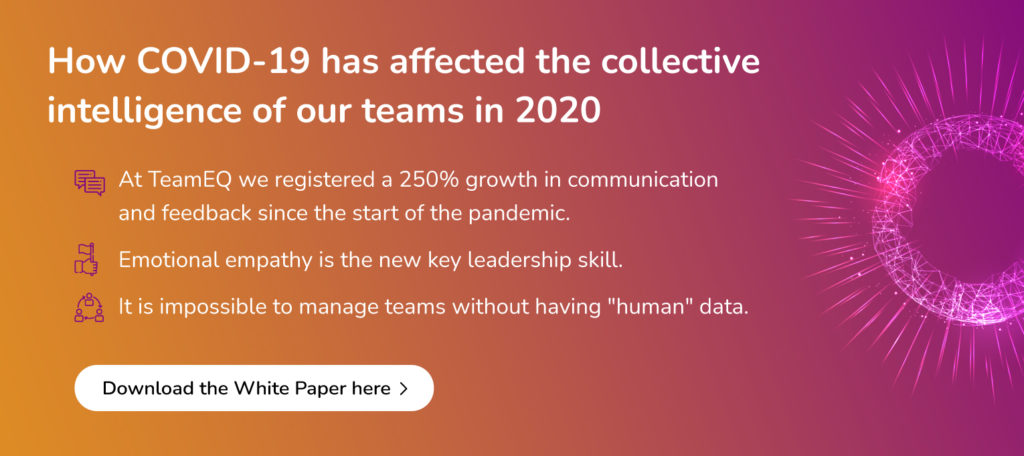Reach your goals at work. Don’t open the email!
Sleep and work are more interrelated than they may seem at first glance. Both sleeping and working are divided into phases.
We go through five stages when we sleep, and to reach the deepest you must first go through all the previous ones. If you wake up in the middle of the night, you have to start over from the beginning, you can’t go back to where you left off.
When you work the same thing happens. It takes some time to concentrate on a task and start flowing with it. If something interrupts you, it’s similar to the sleep cycle where you cannot pick up where you left off. It will take a while for you to regain concentration.
Now that you know this, you’ll see that it’s especially important that you develop all the strategies you can to meet your goals and objectives at work
Here are some easy things to implement:
–Don’t open your email as soon as you arrive at the office.
Maybe it happened to you that you arrive in the morning with a coffee in hand, you open your e-mails and your inbox is overflowing.
You start answering e-mails and then you realize that three hours passed by but you’re sitting there with your coffee already cold and have not accomplished anything you set out to do within the first hour.
When you open the email without a clear objective, this is likely to happen to you.
Schedule specific hours to look at the email and consider it as another task. Believe me, if someone has something very urgent, they will contact you via phone or they will track you down wherever you are.
–Remove the incoming email notification. Now, I know, you have it just in case there is something urgent.
By the time you look at the subject of the email and the sender in the window, you have already disconnected from the task you were doing and lost your concentration. Again, if it’s urgent, your phone will be buzzing.
– Create moments of intensive work alternating them with small breaks, and adapting them to your work rhythm.
You can, for example, try the ‘Pomodoro Method’: divide the time into 25-minute periods, separated by 5-minute breaks dedicated to rest. When you have 4 periods of 25, you take a longer break, about 15 minutes.
You have to protect those 25 minutes from any kind of distraction. Don’t check your email, turn off the volume on your phone, and put on your headphones on or tell the team that you are in a Pomodoro and that, unless it is very urgent, they should not bother you.
-Practice assertiveness. Learn to say no and respect your limits.
You cannot continually go out of your way for others and do everything they ask you to do. We all want our tasks as the first priority, but let’s be honest, in most cases, the so-called “urgent” doesn’t get a look until later
Regarding assertiveness, there are several things you can put into practice:
-If they ask you for something and they don’t tell you when they want it, or they simply tell you that for the sooner the better, you propose a day that is feasible for you.
-If someone calls you on the phone but you are in the middle of something, either don’t take it and call when you finish what you’re doing or pick up and ask if you can return the call in 10 minutes.
–If they ask you something that’s impossible to do, explain why it cannot be done and propose a solution. On many occasions, people ask you to do something now because they don’t know what it means to do it, and when you explain it, the perspective changes completely.
You might think that there are some things that are not feasible for your type of work. When you see something that seems feasible for you to do, think about it, is it because you want to do it? Or it is because you don’t want to lose your goody-goody figure?
I put into practice each and every one of these in my time as a manager. At that time my main communication tool was email – I received about 200 emails a day – because 90% of my contacts were out of my office.
You don’t have to do everything at once, choose a small task, get in action and meet goals and objectives in the office!
Ph: Unsplash




